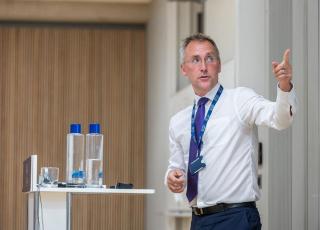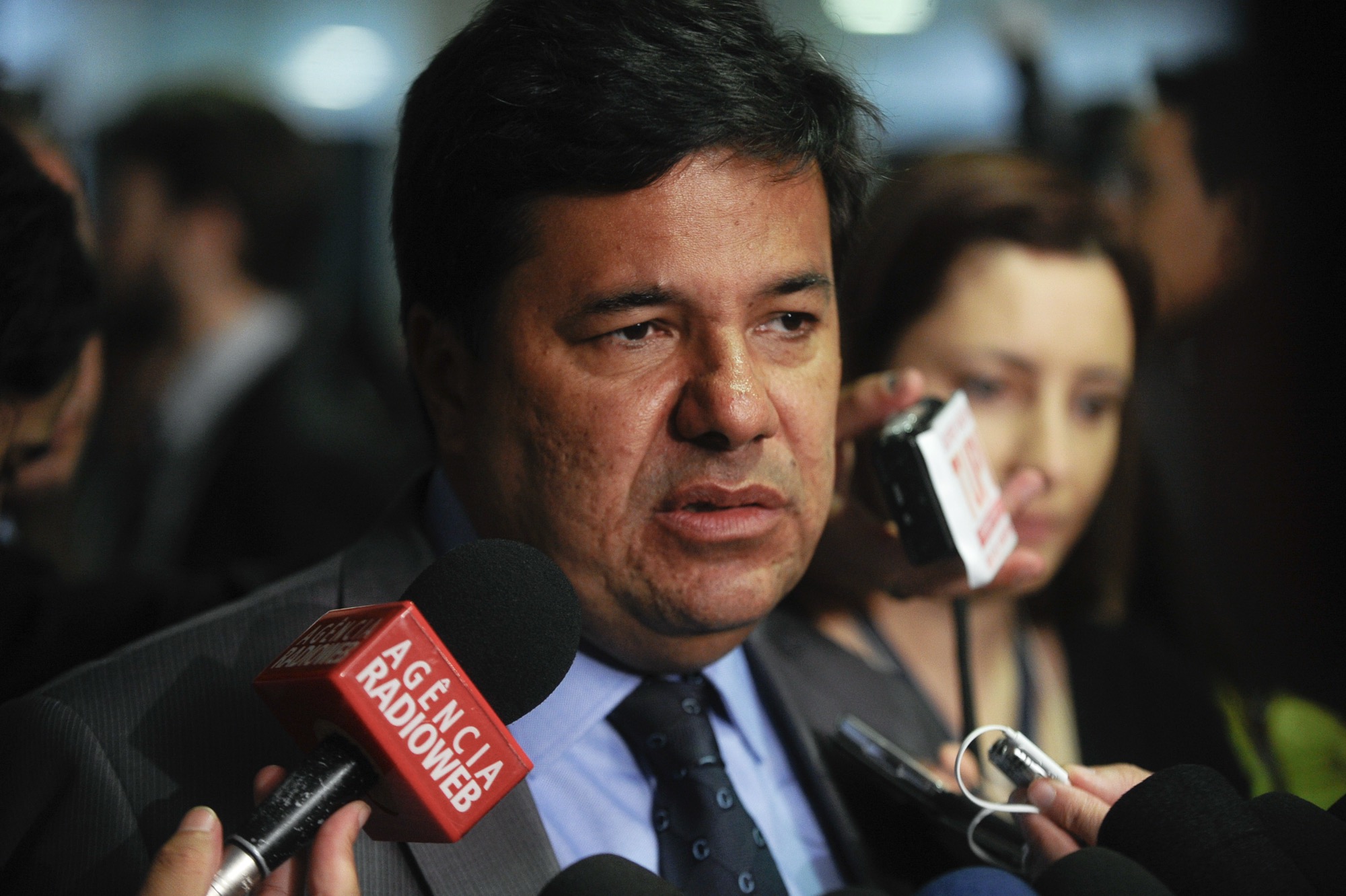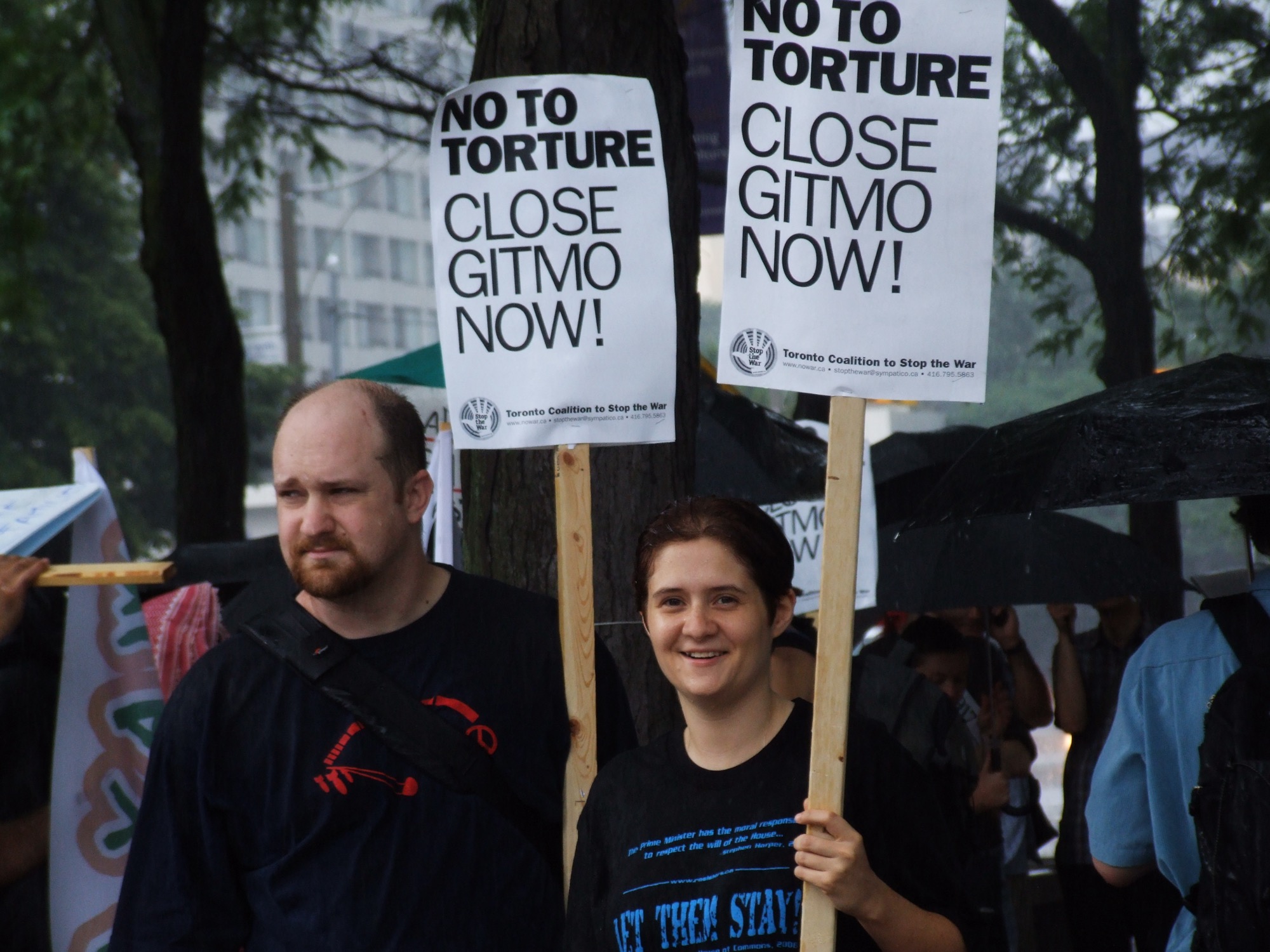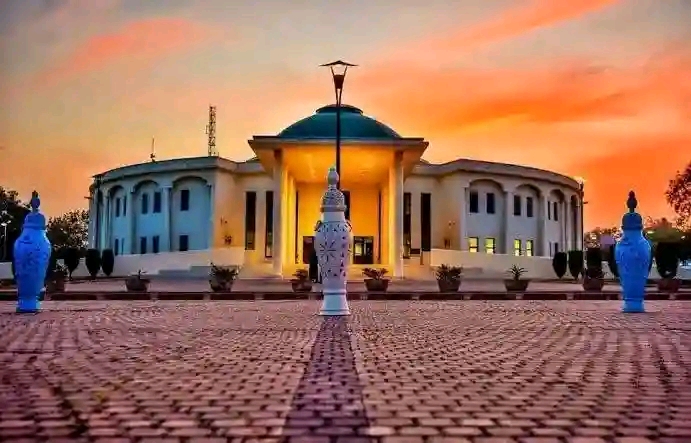Our resources thrust participants into the heart of real-world scenarios, from crisis management in the UK during the Covid-19 pandemic to cross-party education reform in Brazil.
Many of our resources are available on The Case Centre distribution platform. Educators who are registered with the site can access free review copies of our case studies, teaching notes, and other materials.
To inquire about our other cases or background materials, please contact us at casecentre@bsg.ox.ac.uk.
Education reform in Brazil: an enduring coalition?
In March 2017, Maria Helena Guimarães de Castro, the executive secretary at the Ministry of Education in Brazil, was preparing to send the final draft of a new national framework for education to the National Council of Education, the body with the deciding vote. The process of drafting the reform had been long and challenging. Even the idea of national educational standards in Brazil was a contentious one, between those who believed standards would reduce the country’s deep educational inequality and those who thought that schools and local governments were best placed to make decisions about teaching.
Despite the opposition, pro-standards forces had managed to create and maintain a broad coalition of experts, foundations, and politicians from across the political spectrum, and had shepherded the drafting process through years of extreme political upheaval. However, just as the draft was about to be published, members of the influential evangelical caucus approached the ministry leadership with a list of changes they wanted the ministry to adopt. If Castro refused, the consequences for the president’s legislative agenda could be dire; but if she agreed, she risked alienating many of the framework’s supporters and the fragile coalition might disintegrate. Years of careful negotiation – and the reform itself – were in jeopardy.
This case study steps into this dangerous moment for the reform and asks students to weigh up the complex political and ethical issues at stake.
- Understand techniques for building legitimacy and their application during a policy change process;
- Recognise the tools of building and maintaining coalitions, and consider when such tools are suitable and legitimate;
- Explore and communicate subjective values regarding ‘common core’ education policies.
Allegations and interrogations: Alberto Mora and the case against torture at Guantanamo Bay
In January 2003, Alberto Mora, the general counsel of the United States Navy, was faced with a grave dilemma. In late 2002, Mora had become aware of allegations of physical abuse and degrading treatment of detainees held at the Guantanamo Bay detention centre. Mora was deeply disturbed by these reports. Beyond his own moral concerns, Mora believed that such mistreatment of prisoners went against what he saw as US values and violated international and domestic human rights laws. Furthermore, Mora feared that if such news reached the public, the credibility of the US government, its foreign relations, and US military strategy would suffer greatly.
Initially, Mora had believed the policy to be the result of mistakes made in the rushed post-9/11 climate. But now in January 2003, he was reading a memo by Deputy Assistant Attorney General John Yoo, one of the most senior lawyers in the executive branch, defending the policy. Reading the memo, Mora realised that the policy had been approved at the highest-levels of the US government. If he persisted in trying to end the interrogations, he risked dismissal and could potentially harm the careers of those supporting him. Yet, he also felt that he could not turn a blind eye to the abuses – he had a duty to act and he would need the strongest case possible.
The case can be ordered as a full case or an abbreviated version.
- Understand the relationship between law and policy;
- Distinguish the relationship between international and domestic law, especially humanitarian and human rights laws;
- Analyse the complex range of policy domains that a single decision can affect;
- Determine the role of personal values in public service.
Priscilla Ankut at the Kaduna State Peace Commission
Considered the hub of Nigeria’s North-West region, Kaduna straddled the country’s north/south divide along ethnic, religious, and political groups. The state had experienced periods of violence since the 1980s, which often stemmed from religious and ethnic differences and were reinforced by perceived social and economic disparities. In the 2010s, conflict had intensified, particularly with the rise of criminal gangs and the depletion of natural resources. In 2017, in a new approach to promote peace and prevent conflict, the state established the Kaduna State Peace Commission (KSPC).
Priscilla Ankut, a Kaduna native with a background in international development, became its first chief executive. She initially made progress building bridges across historically hostile groups, but by 2021, increasingly felt that her work was more palliative than structural. Moreover, violence had worsened over the period, and the death toll was rising. Then in August 2021, Ankut was presented with a new career opportunity that made her reconsider her role: an offer for a high-level job at the African Union. She had to decide if she should remain at the commission, where progress, at times, seemed counter-productive in the face of rising conflict or take the new job and let someone else take charge.
- Identify sources of power in organisations and systems and understand how to use them;
- Determine the present and possible future roles of an organisation;
- Reflect on the needs of a particular role and the fit of a given individual.




